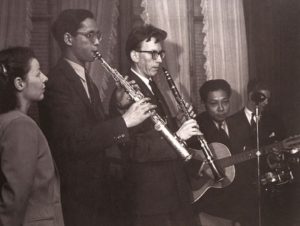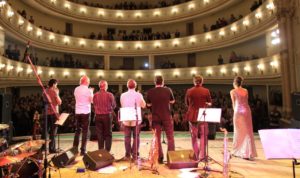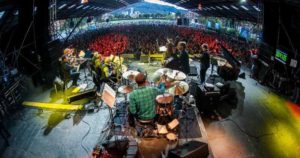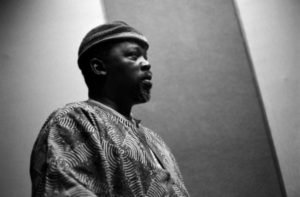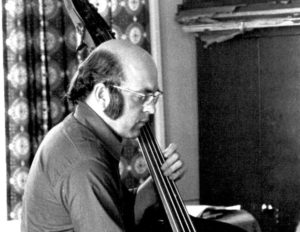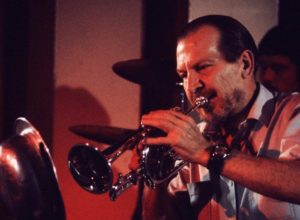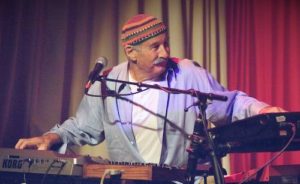Jazz in Ecuador
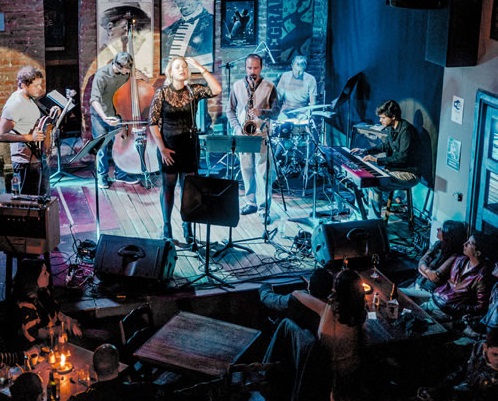
The most prominent name in Ecuadorian jazz was saxophonist Lucho Silva (1931-2015). He is described on Wikipedia as Ecuador’s first saxophonist, but as his father violinist Fermin Silva de La Torre ran a big band, this seems hard to fathom. He played with the successful Costa Rica Swing Boys at the age of 15. He went on to play in the bands of Ruben Lema and Blacio Jr, mostly playing salsa. In his later years he focussed on jazz, and he was recognised with Ecuador’s leading Cultural Prize, the Premio Eugenio Espejo, in 2012.
There appears to be something of a resurgence of interest in jazz in Ecuador over the last couple of decades, much of it initiated by ex-patriate American musicians like baritone saxophonist Marvin ‘Doc’ Halladay, who was a member of Stan Kenton’s Orchestra from 1959 to 1961, and mroe recently pianist Jim Gala, who set up a Jazz Society of Ecuador in 2012 to promote the music. Trumpeter Walt Szymanski and saxophonist Sue Terry are two more US musicians who have spent a lot of time in Ecuador in the last decade, and who have contributed to growing jazz education opportunities for young musicians.
Gala’s Society is based in Ecuador’s third city, Cuenca, and many of its 2000 or so musician members are based there. Terry to works out of Cuenca. Szymanski led a Jazz Studies course at the country’s main conservatoire, the University of San Francisco de Quito. Halladay was in the capital even earlier, mentoring young musicians. All of this is in danger of sounding like ‘missionary’ work, but there are significant Ecuadorian musicians who have led this work too. Key among them is pianist Francisco Echeverria, who along with Gala and Szymanski is a director of the Jazz Society of Ecuador. Based in Guayaquil, Echeverria set up the Jazz Festival in that city.
Quito’s iconic concert hall, the Teatro Sucre, one of the oldest in South America, presents an annual jazz festival called simply Ecuador Jazz. They honoured saxophonist Lucho Silva for his 80th birthday in 2011. Sadly the city’s main jazz club, El Pobre Diablo, closed its doors in 2017, not long after celebrating its 25th anniversary.
There is a lot more to say about some of the younger Ecuadorian musicians, and history that I need to expand on when I have the chance.
